41 label the scheme of glucose catabolism
Chapter 5 Pearson Flashcards | Quizlet Label scheme of glucose catabolism Why is ATP required for glycolysis? A. ATP makes it easier to break apart glucose into two three-carbon molecules. B. ATP is used to convert PEP into pyruvic acid. C. ATP is used to convert DHAP into G3P. D. ATP is used to reduce NAD+ to NADH. Chapter 5 Flashcards | Quizlet Label the scheme of glucose catabolism. Respiration > glycolysis > Acetyl-CoA > Krebs cycle > High-energy electrons Fermentation > Pyruvic acid (for derivative) > Fermentation end-products > Electron transport chain > Final electron acceptor ... Drag the labels onto the equation to identify the inputs and outputs of photosynthesis.
Catabolism of 4-Hydroxyacids and 4-Hydroxynonenal via 4-Hydroxy-4 ... For the concentration and labeling pattern of acyl-CoA esters, powdered frozen liver (∼200 mg), ... unlabeled glucose in the perfusate was replaced by [13 C 6]glucose or (ii) when 10 m m ... Proposed scheme of the catabolism of 4-hydroxyacids using 4-hydroxynonanoate as an example.

Label the scheme of glucose catabolism
Label The Scheme Of Glucose Catabolism. Drag The Appropriate Labels To ... Label the scheme of glucose catabolism. Drag the appropriate labels to their respective targets. Label the top (c1) of glucose with a pink outliner and the bottom c (c6) with a blue outliner. If there are no unpaired electrons, then the atom is diamagnetic. He = 1s2 = diamagnetic and will repel magnetic fields. Chapter 5 Mastering Microbiology Flashcards | Quizlet Label the scheme of glucose catabolism. ... Why is ATP required for glycolysis? ATP is used to reduce NAD+ to NADH. ATP is used to convert PEP into pyruvic acid. ATP is used to convert DHAP into G3P. ATP makes it easier to break apart glucose into two three-carbon molecules. › articles › s41467/022/32368-zMYC sensitises cells to apoptosis by driving energetic demand Aug 09, 2022 · MYC activation led to a striking increase in 6-phosphogluconate levels and label incorporation (m + 6) from 13 C 6-glucose in the presence of 6-AN, revealing high MYC-driven flux through the ...
Label the scheme of glucose catabolism. Label The Scheme Of Glucose Catabolism - Blogger Label the scheme of glucose catabolism. It's then harvested in forms that can power the . Energy stored in the bonds of complex molecules, such as glucose and fats, is released in catabolic pathways. The labeling data also captured glucose catabolism through the gluconate pathway involving glucose oxidation to gluconate followed by . Biochemistry, Aerobic Glycolysis - StatPearls - NCBI Bookshelf Glycolysis is a central metabolic pathway that is used by all cells for the oxidation of glucose to generate energy in the form of ATP (Adenosine triphosphate) and intermediates for use in other metabolic pathways. Besides glucose, other hexose sugars such as fructose and galactose also end up in the glycolytic pathway for catabolism[1]. Glycolysis : All Steps with Diagram, Enzymes, Products, Energy Yield ... It is present in the liver, where it removes the glucose from the portal vein following a meal. Also present in pancreatic cells, where it releases insulin. It acts only when blood glucose is more than 100mg/dL. Glucokinase has a high affinity for glucose; Step 2 : Isomerization of Glucose-6-Phsphate to Fructose-6-Phosphate Chapter 5 Mastering Microbiology - Subjecto.com Label the scheme of glucose catabolism. … Why is ATP required for glycolysis? ATP is used to reduce NAD+ to NADH. ATP is used to convert PEP into pyruvic acid. ATP is used to convert DHAP into G3P. ATP makes it easier to break apart glucose into two three-carbon molecules. ATP makes it easier to break apart glucose into two three-carbon ...
› emc › productCrestor 5mg film-coated tablets - Summary of Product ... Aug 17, 2021 · Patients at risk (fasting glucose 5.6 to 6.9 mmol/l, BMI >30 kg/m 2, raised triglycerides, hypertension) should be monitored both clinically and biochemically according to national guidelines. In the JUPITER study, the reported overall frequency of diabetes mellitus was 2.8% in rosuvastatin and 2.3% in placebo, mostly in patients with fasting ... Atorvastatin 40 mg Film Coated Tablets - Summary of Product 09.02.2022 · In an open-label, 8-week study, Tanner Stage 1 (N=15) and Tanner Stage ≥2 (N=24) paediatric patients (ages 6-17 years) with heterozygous familial hypercholesterolemia and baseline LDL-C ≥4 mmol/L were treated with 5 or 10 mg of chewable or 10 or 20 mg of film-coated atorvastatin tablets once daily, respectively. Body weight was the only significant covariate in … › emc › productAtorvastatin 40 mg Film Coated Tablets - Summary of Product ... Feb 09, 2022 · In an open-label, 8-week study, Tanner Stage 1 (N=15) and Tanner Stage ≥2 (N=24) paediatric patients (ages 6-17 years) with heterozygous familial hypercholesterolemia and baseline LDL-C ≥4 mmol/L were treated with 5 or 10 mg of chewable or 10 or 20 mg of film-coated atorvastatin tablets once daily, respectively. (PDF) Principles and Techiniques of Biochemistry and Molecular … Enter the email address you signed up with and we'll email you a reset link.
A reference tissue atlas for the human kidney | Science Advances 08.06.2022 · For decades, there has been a sustained effort to develop a detailed understanding of structure-function-endophenotype relationships within the kidney tissue to understand its physiology and pathophysiology ().Over the past decade, with the advent of single-cell (sc) RNA sequencing (RNAseq) technologies, substantial advances have been made in enumerating the … Catabolism schematic - Biochemical diagram | Glycolysis overview ... This biochemical chart display how proteins, polysaccharides and fats from food are digested into gastrointestinal tract into aminoacids, monosaccharides and fatty acids, and then broken down and oxidized to carbon dioxide and water in cellular processes of energy generation. This metabolic pathway map was redesigned from Wikipedia file: Catabolism schematic.svg. pillintrip.com › medicine › panafcortelonePanafcortelone : Uses, Side Effects, Interactions, Dosage ... Sodium and water retention, hypokalaemic alkalosis, potassium loss, negative nitrogen and calcium balance, glucose intolerance and protein catabolism. Increase both high and low density lipoprotein cholesterol concentration in the blood. Increased appetite 4. Weight gain, obesity, hyperglycaemia, dyslipidaemia. Very rare . Calciphylaxis 5 MYC sensitises cells to apoptosis by driving energetic demand 09.08.2022 · MYC activation led to a striking increase in 6-phosphogluconate levels and label incorporation (m + 6) from 13 C 6-glucose in the presence of 6-AN, revealing high MYC-driven flux through the ...
Label The Scheme Of Glucose Catabolism / Microbial Metabolism ... Label The Scheme Of Glucose Catabolism / Microbial Metabolism Sciencedirect Oleh Yuni Zavia Maret 25, 2022 Posting Komentar However, peaches contain more sucrose (6.66%) than they do fructose (0.93%) or glucose (1.47%).6 Glucose and sucrose are also found in varying quantities in various fruits, and indeed sometimes exceed the fructose present.
› doi › 10A reference tissue atlas for the human kidney | Science Advances Jun 08, 2022 · Within gene ontology, we focused on all biological processes and molecular functions that were children of “sodium ion transport,” “sodium ion transmembrane transporter activity” as well as “glucose transport,” “glucose transmembrane transporter activity,” as defined by the “is_a” and “part_of” relationships.
Microbiology - Mastering Microbiology Homework Chapter 5 (Visualize It ... You will label the major processes and steps of glucose catabolism. (See image above) Label the scheme of glucose catabolism. Drag the appropriate labels to their respective targets. (See image above) 7 answers
Biochemistry PDF | PDF | Cell (Biology) | Biochemistry - Scribd In catabolism, water is used to break bonds in order to generate smaller molecules (e.g. glucose, fatty acids and amino acids to be used for fuels for energy use or other purposes). Without water, these particular metabolic processes could not exist. Water is fundamental to photosynthesis and respiration. Photosynthetic cells use the sun's energy to split off water's …
Glycolysis - Wikipedia Glycolysis is the metabolic pathway that converts glucose (C 6 H 12 O 6), into pyruvate (CH 3 COCO 2 H).The free energy released in this process is used to form the high-energy molecules adenosine triphosphate (ATP) and reduced nicotinamide adenine dinucleotide (NADH). Glycolysis is a sequence of ten reactions catalyzed by enzymes.Capture of bond energy of carbohydrates.
A general overview of the major metabolic pathways A clear explanation of the most important metabolic pathways. Metabolism is the set of chemical rections that occur in a cell, which enable it to keep living, growing and dividing. Metabolic processes are usually classified as: catabolism - obtaining energy and reducing power from nutrients.; anabolism - production of new cell components, usually through processes that require energy and ...
PDF GLUTAMATE CATABOLISM AND SUCCINATE PRODUCTION IN Fusobacterium varium Scheme-1.1: Metabolic relationship between acetate and butyrate. ..... 5 Scheme-1.2: The methylaspartate (left) and hydroxyglutarate (right) pathways for the catabolism of L-glutamate to acetate and butyrate in F. varium..... 9 Scheme-1.3: Catabolism of glucose and glycerol to pyruvate via the Embden-
Carbon Dioxide Fixation by Lupin Root Nodules: II. Studies ... - PubMed These results are consistent with a scheme whereby the "carbon skeletons" for amino acid synthesis are provided by the phosphoenolpyruvate carboxylase reaction.A comparison of (14)CO(2) release from nodules supplied with [1-(14)C]- and [6-(14)C]glucose indicated that the oxidative pentose phosphate pathway accounted for less than 6% of glucose ...
› doc › 123745376Biochemistry PDF | PDF | Cell (Biology) | Biochemistry - Scribd Glucose and sucrose are also found in varying quantities in various fruits, and indeed sometimes exceed the fructose present. For example, 32% of the edible portion of date is glucose, compared with 23.70% fructose and 8.20% sucrose. However, peaches contain more sucrose (6.66%) than they do fructose (0.93%) or glucose (1.47%).[6]
Metabolism of Pentose Sugars in the Hyperthermophilic Archaea ... In vitro kinetic analyses of glucose dehydrogenase, gluconate dehydratase, and KDG-aldolase from S. solfataricus showed these enzymes are also capable of catalyzing the catabolism of galactose, the C4 epimer of glucose, to pyruvate and glyceraldehyde, leading to the suggestion that the pathway exhibits a metabolic promiscuity toward these two hexose sugars (5,- 7).
PHARMACEUTICAL MANUFACTURING HANDBOOK Production and Processes Enter the email address you signed up with and we'll email you a reset link.
Frontiers | Flux Connections Between Gluconate Pathway, Glycolysis, and ... FIGURE 1. Schematic of metabolic pathways involved in glucose, fructose, and xylose catabolism in B. megaterium QM B1551. The following pathways are emphasized: gluconate pathway (in red), the Entner-Doudoroff (ED) pathway (in blue), the Embden-Meyerhof-Parnas (EMP) pathway (in light green), the pentose-phosphate (PP) pathway (in black), the fructose uptake pathway (in dark green), and ...
Panafcortelone : Uses, Side Effects, Interactions, Dosage / Pillintrip Sodium and water retention, hypokalaemic alkalosis, potassium loss, negative nitrogen and calcium balance, glucose intolerance and protein catabolism. Increase both high and low density lipoprotein cholesterol concentration in the blood. Increased appetite 4. Weight gain, obesity, hyperglycaemia, dyslipidaemia. Very rare . Calciphylaxis 5
Label The Scheme Of Glucose Catabolism. Drag The Appropriate Labels To ... There have been several technological advances in light delivery devices label the scheme of glucose catabolism. 1.12 a proposed scheme for the human medial. Themselves may be used, with appropriate labels (for example, fluorescent. Its initial targets are microbes having beneficial roles in generating . Label the scheme of glucose catabolism.
homework.study.com › learn › biochemistry-questionsBiochemistry Questions and Answers | Homework.Study.com Catabolism refers to chemical reactions in which _____ molecules are converted into _____ molecules and energy is _____. View Answer How do you balance chemical reactions and identify what type of reaction they are?
Glycolysis Explained in 10 Easy Steps - Microbiology Info.com In this step, two main events take place: 1) glyceraldehyde-3-phosphate is oxidized by the coenzyme nicotinamide adenine dinucleotide (NAD); 2) the molecule is phosphorylated by the addition of a free phosphate group. The enzyme that catalyzes this reaction is glyceraldehyde-3-phosphate dehydrogenase (GAPDH).
Micro chapter 5B Flashcards | Quizlet Label the scheme of glucose catabolism. Fatty acids are catabolized into two carbon molecules during the process of _____. beta-oxidation. ... According to the animation, the reactions that occur between glucose and pyruvic acid. can either be anabolic or catabolic.
Frontiers | Control and Regulation of Substrate Selection in ... Scheme of central catabolism fueled by glucose and fatty acids oxidation pathways. Depicted are the processes included in the model of central catabolism from glucose and FAs (PCoA), in cytoplasmic and mitochondrial compartments. Highlighted in green, are the processes that share a relatively large control on network fluxes and substrate selection.
Biochemistry Questions and Answers | Homework.Study.com Get help with your Biochemistry homework. Access the answers to hundreds of Biochemistry questions that are explained in a way that's easy for you to understand. Can't find the question you're looking for? Go ahead and submit it to our experts to be answered.
Catabolism of Glucose and Lactose in Bifidobacterium animalis subsp ... The metabolism of [1- 13 C]glucose was characterized in cells grown in glucose as the sole carbon source. Moreover, the metabolism of lactose specifically labeled with 13 C on carbon 1 of the glucose or the galactose moiety was determined in suspensions of cells grown in lactose.
Solved Label the image to test your understanding of the - Chegg Question: Label the image to test your understanding of the cellular reactions involved in metabolism. Glucose Catabolism Precursor molecules Anabolism Building blocks Macromolecules Cells Lipids G ya ces Ala Mal Yieldsney Uses energy Uses energy Uses energy Reset This problem has been solved! See the answer Show transcribed image text
Part c according to the animation what does oxygen - Course Hero Chapter 5 Figure 2 You will label the major processes and steps of glucose catabolism. Part A Label the scheme of glucose catabolism. Drag the appropriate labels to their respective targets. ANSWER: The concentration of protons is higher outside the membrane than inside. The concentration of protons is lower outside the membrane than inside.
Crestor 5mg film-coated tablets - Summary of Product 17.08.2021 · Patients at risk (fasting glucose 5.6 to 6.9 mmol/l, BMI >30 kg/m 2, raised triglycerides, hypertension) should be monitored both clinically and biochemically according to national guidelines. In the JUPITER study, the reported overall frequency of diabetes mellitus was 2.8% in rosuvastatin and 2.3% in placebo, mostly in patients with fasting glucose 5.6 to 6.9 …
Profiling Glucose-Induced Selective Inhibition of Disaccharide ... C-labelled glucose and each unlabelled disaccharide, the labelling patterns of the intracellular metabolites in glycolysis and the pentose phosphate pathway revealed a hierarchy in disaccharide...
Worksheet Module 3.docx - BSC2010 MODULE 3 WORKSHEET... Write a summary chemical equation for catabolism of glucose in cellular respiration, using chemical formulas. Write the names of the compounds underneath the formulas. Label the reactants and the products. Include glucose, oxygen, water, carbon dioxide, and ATP. 41. What is the role of phosphofructokinase in regulating metabolism? 45.
Precision Navigation of Hepatic Ischemia–Reperfusion Injury … Hepatic ischemia–reperfusion injury (HIRI) is responsible for postoperative liver dysfunction and liver failure. Precise and rapid navigation of HIRI lesions is critical for early warning and timely development of pretreatment plans. Available methods for assaying liver injury fail to provide the exact location of lesions in real time intraoperatively. HIRI is intimately associated with ...
PDF Profiling glucose-induced selective inhibition of disaccharide ... catabolism of glucose and a common disaccharide - cellobiose, maltose, or sucrose. Growth experiments indicated that each disaccharide alone can serve as a sole carbon source for B. megaterium ...
› articles › s41467/022/32368-zMYC sensitises cells to apoptosis by driving energetic demand Aug 09, 2022 · MYC activation led to a striking increase in 6-phosphogluconate levels and label incorporation (m + 6) from 13 C 6-glucose in the presence of 6-AN, revealing high MYC-driven flux through the ...
Chapter 5 Mastering Microbiology Flashcards | Quizlet Label the scheme of glucose catabolism. ... Why is ATP required for glycolysis? ATP is used to reduce NAD+ to NADH. ATP is used to convert PEP into pyruvic acid. ATP is used to convert DHAP into G3P. ATP makes it easier to break apart glucose into two three-carbon molecules.
Label The Scheme Of Glucose Catabolism. Drag The Appropriate Labels To ... Label the scheme of glucose catabolism. Drag the appropriate labels to their respective targets. Label the top (c1) of glucose with a pink outliner and the bottom c (c6) with a blue outliner. If there are no unpaired electrons, then the atom is diamagnetic. He = 1s2 = diamagnetic and will repel magnetic fields.






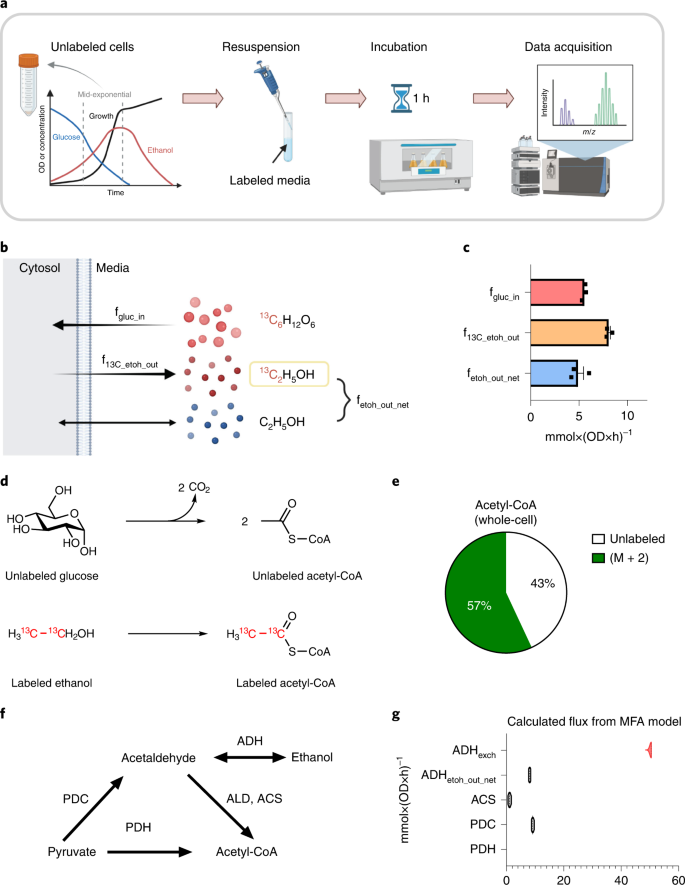

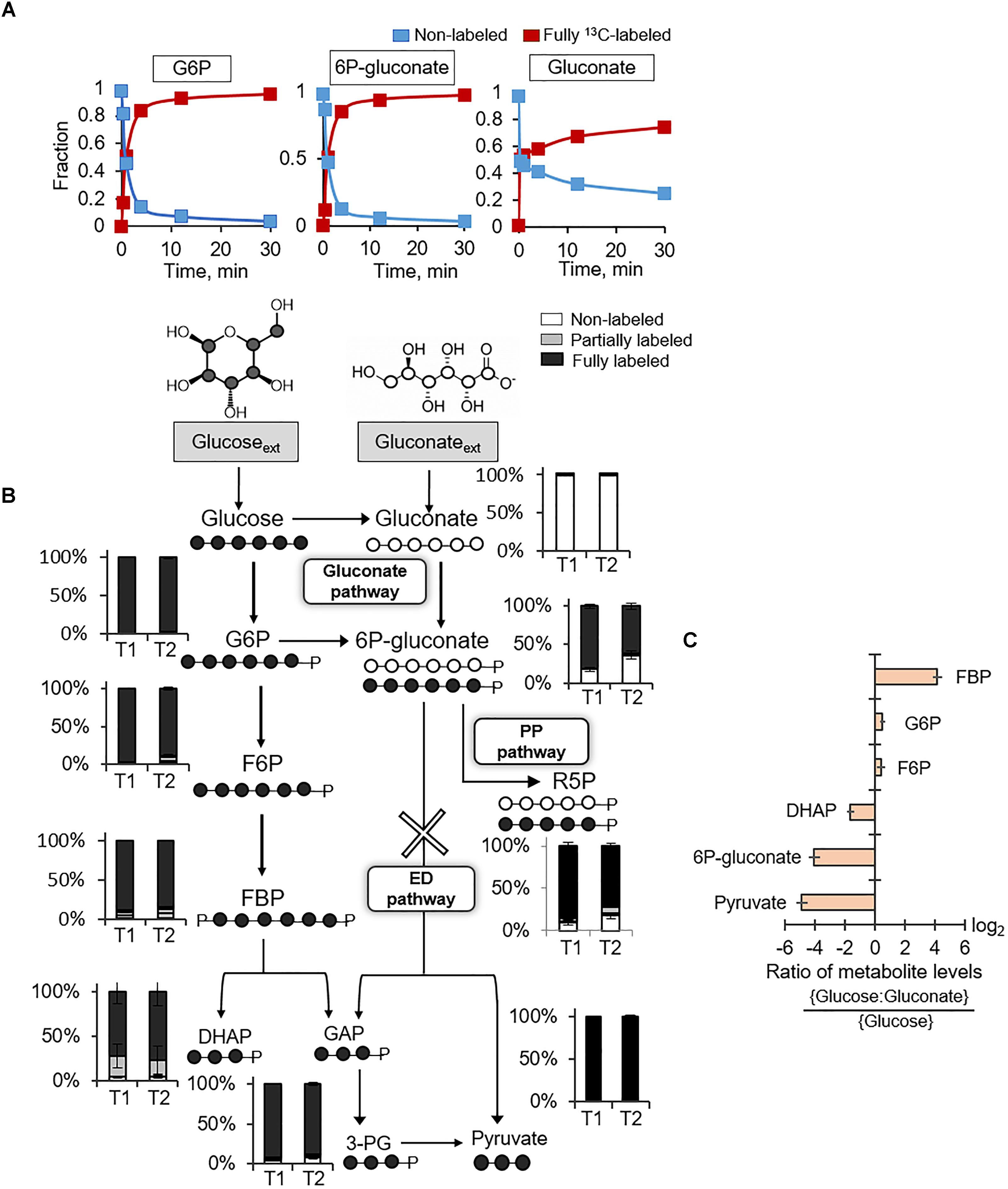
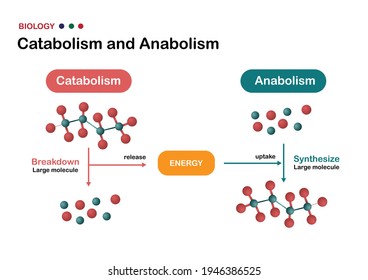

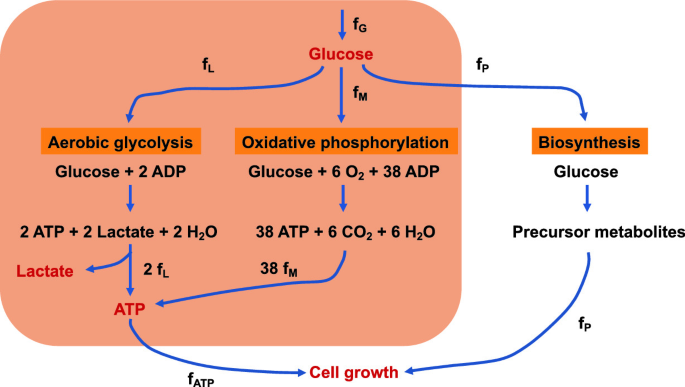
![SRS imaging of overall metabolic activity by [D7]-glucose ...](https://www.researchgate.net/publication/332739064/figure/fig2/AS:755603878207490@1557161411708/SRS-imaging-of-overall-metabolic-activity-by-D7-glucose-labelling-a-Raman-spectra.png)




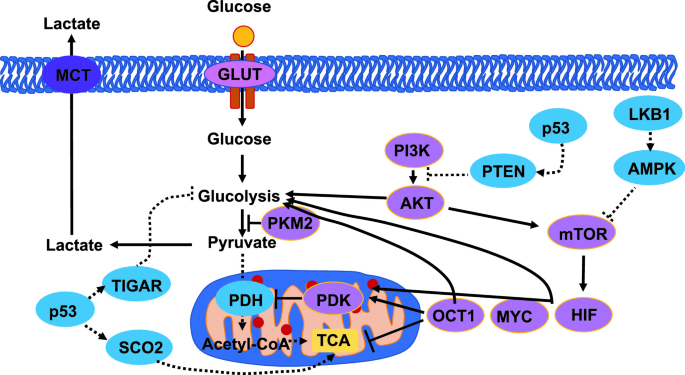
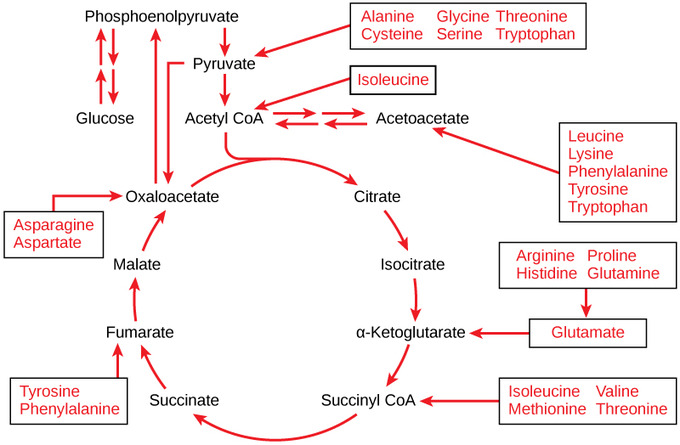


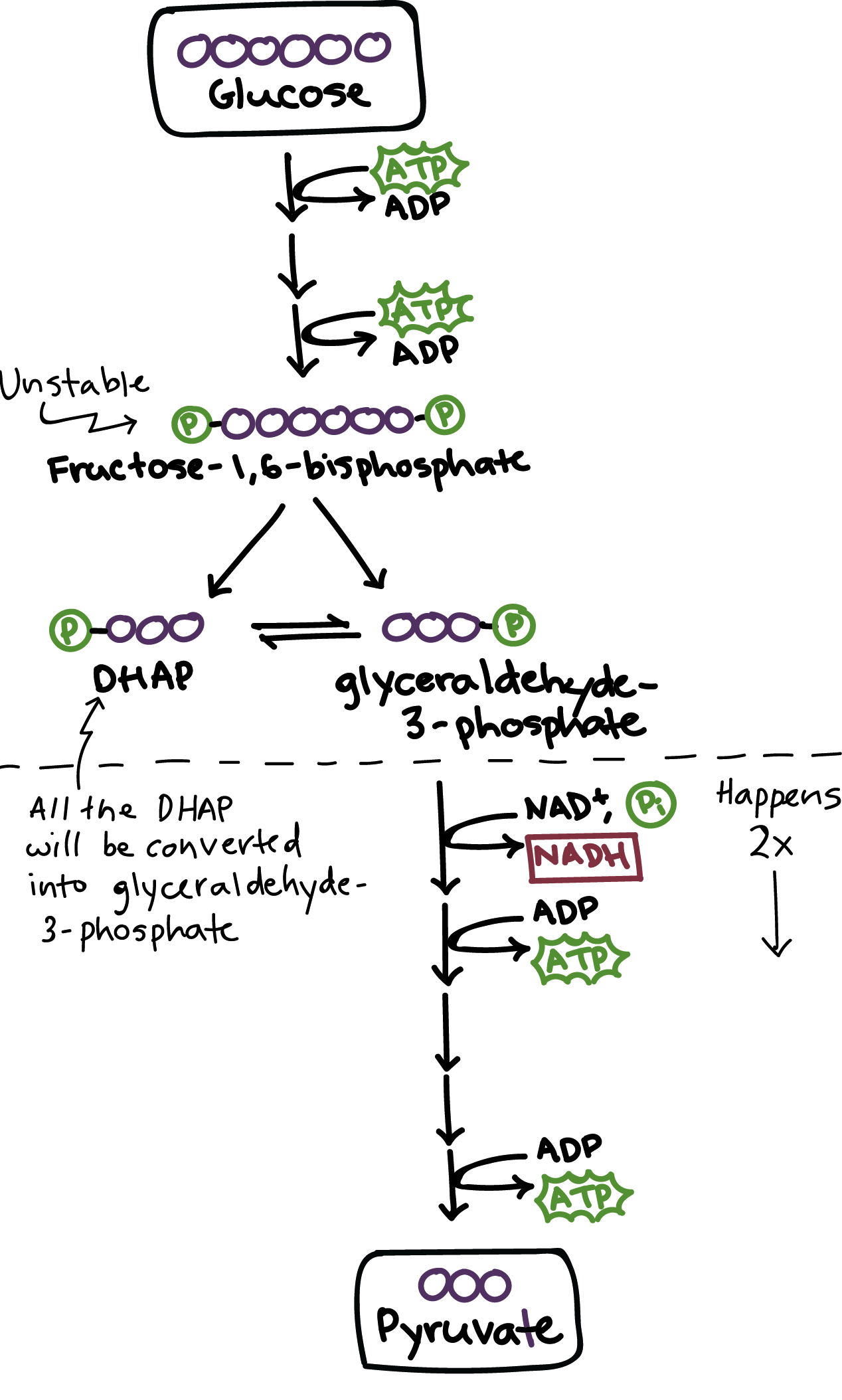
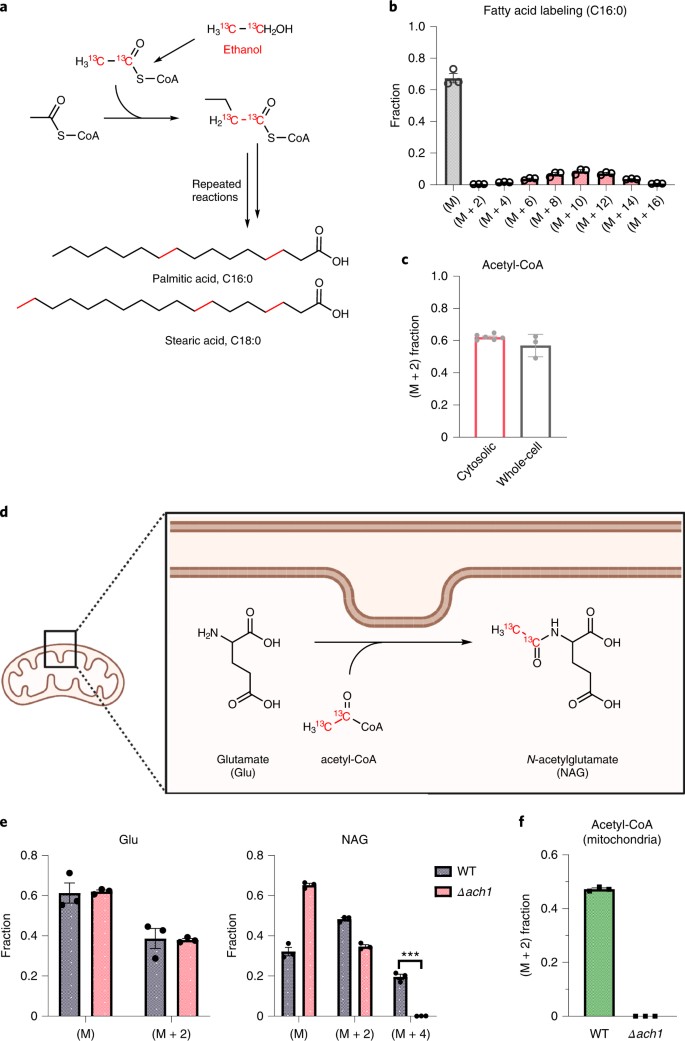

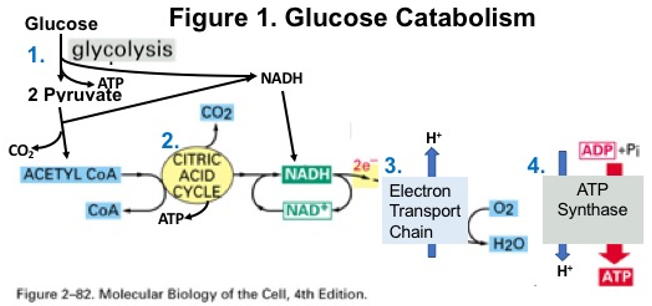
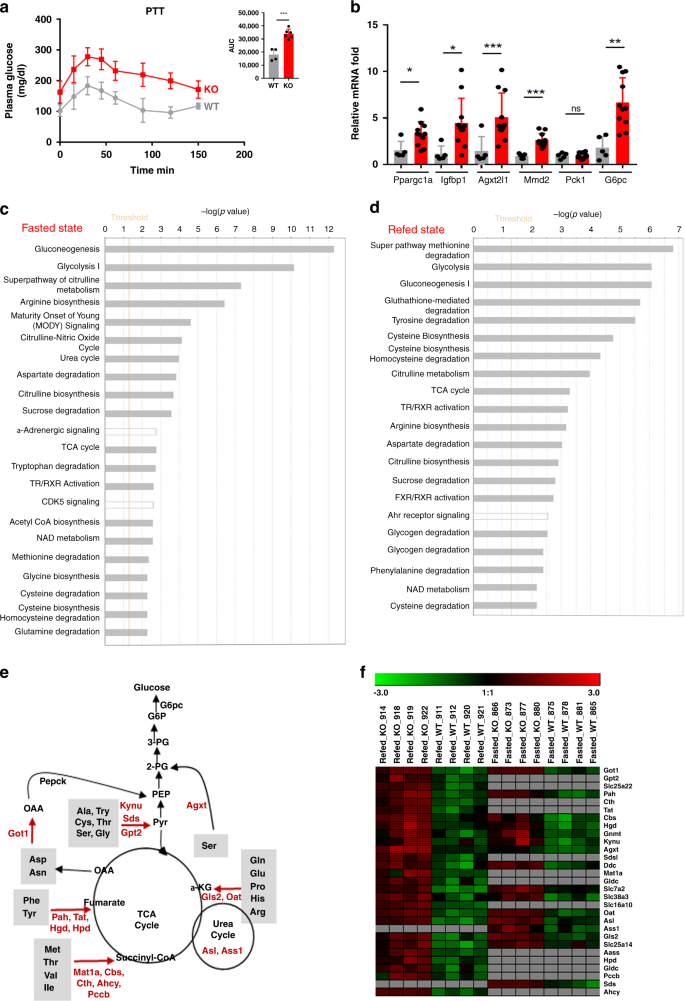
![SRS imaging of overall metabolic activity by [D7]-glucose ...](https://www.researchgate.net/publication/332739064/figure/fig2/AS:755603878207490@1557161411708/SRS-imaging-of-overall-metabolic-activity-by-D7-glucose-labelling-a-Raman-spectra_Q320.jpg)

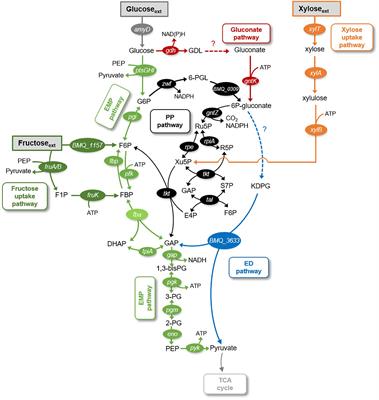
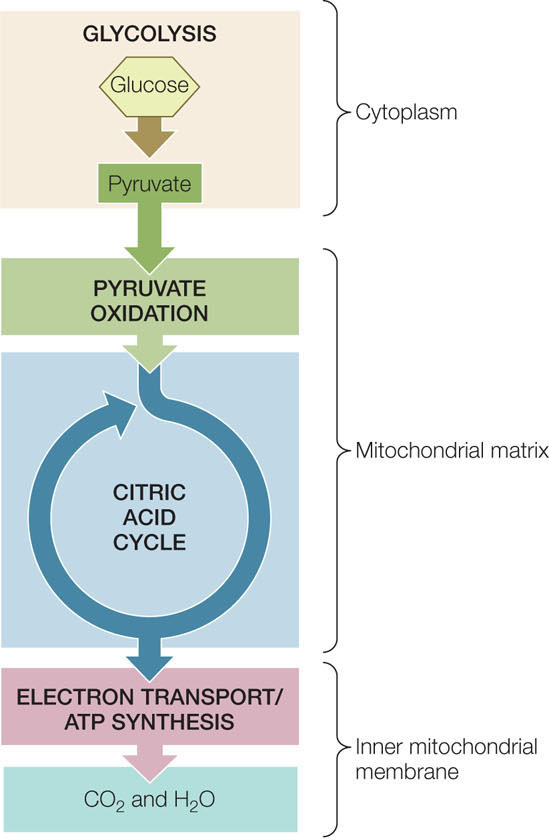


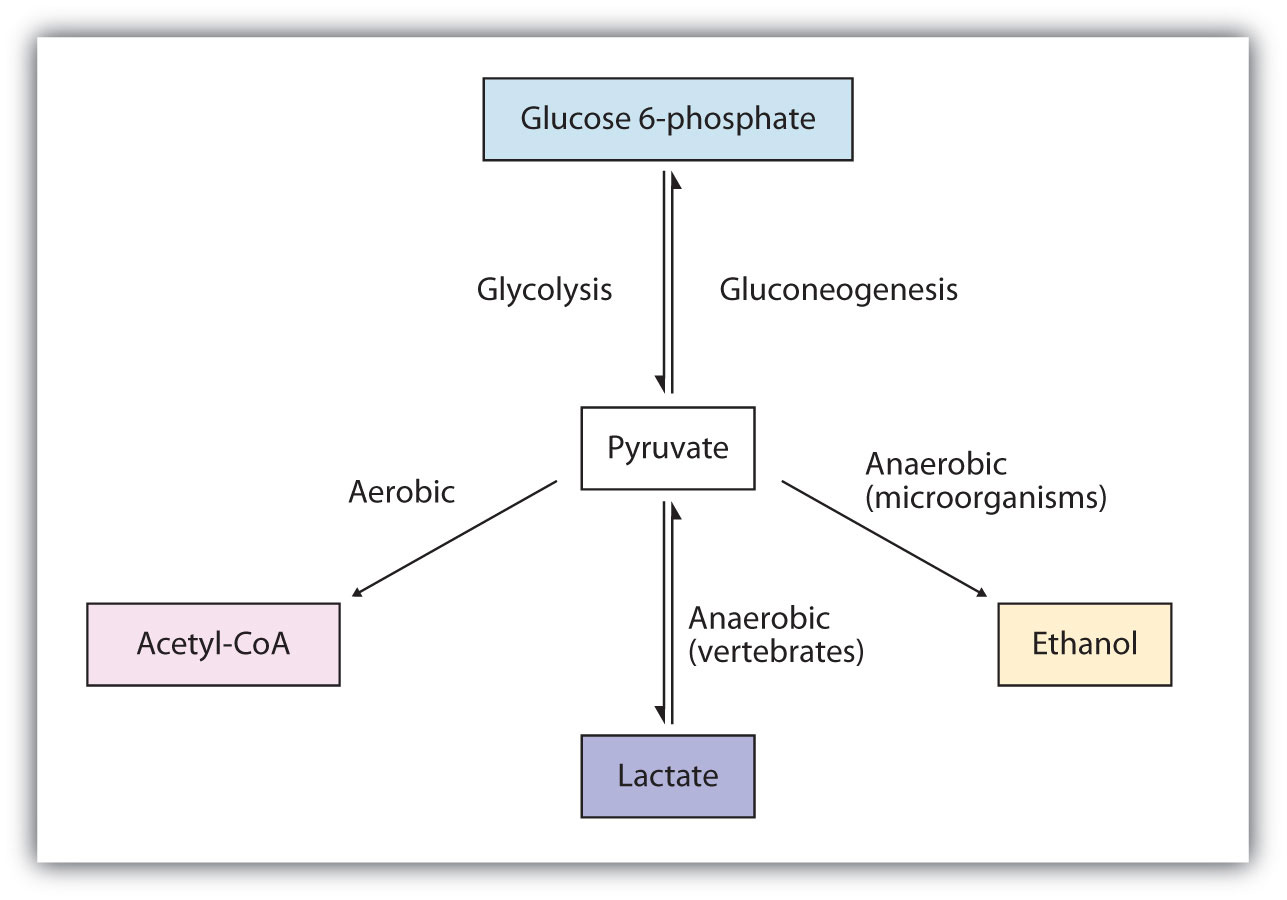

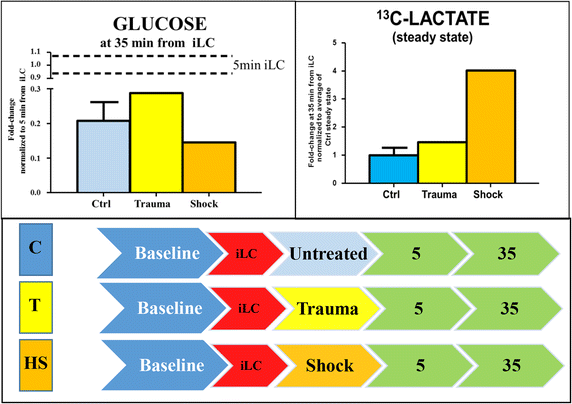
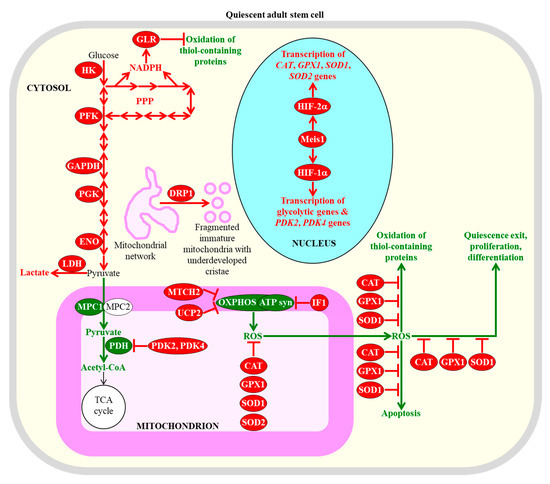



Post a Comment for "41 label the scheme of glucose catabolism"